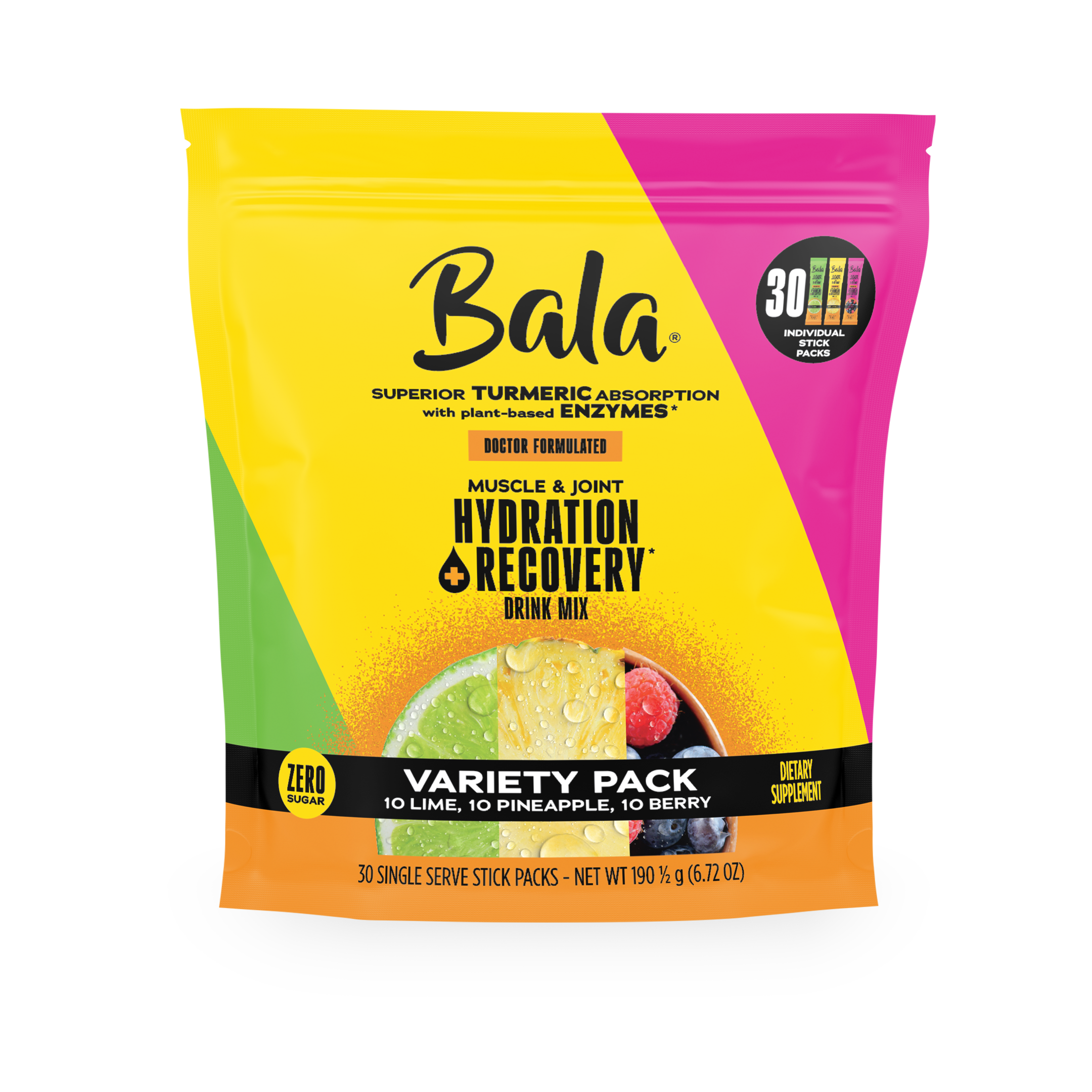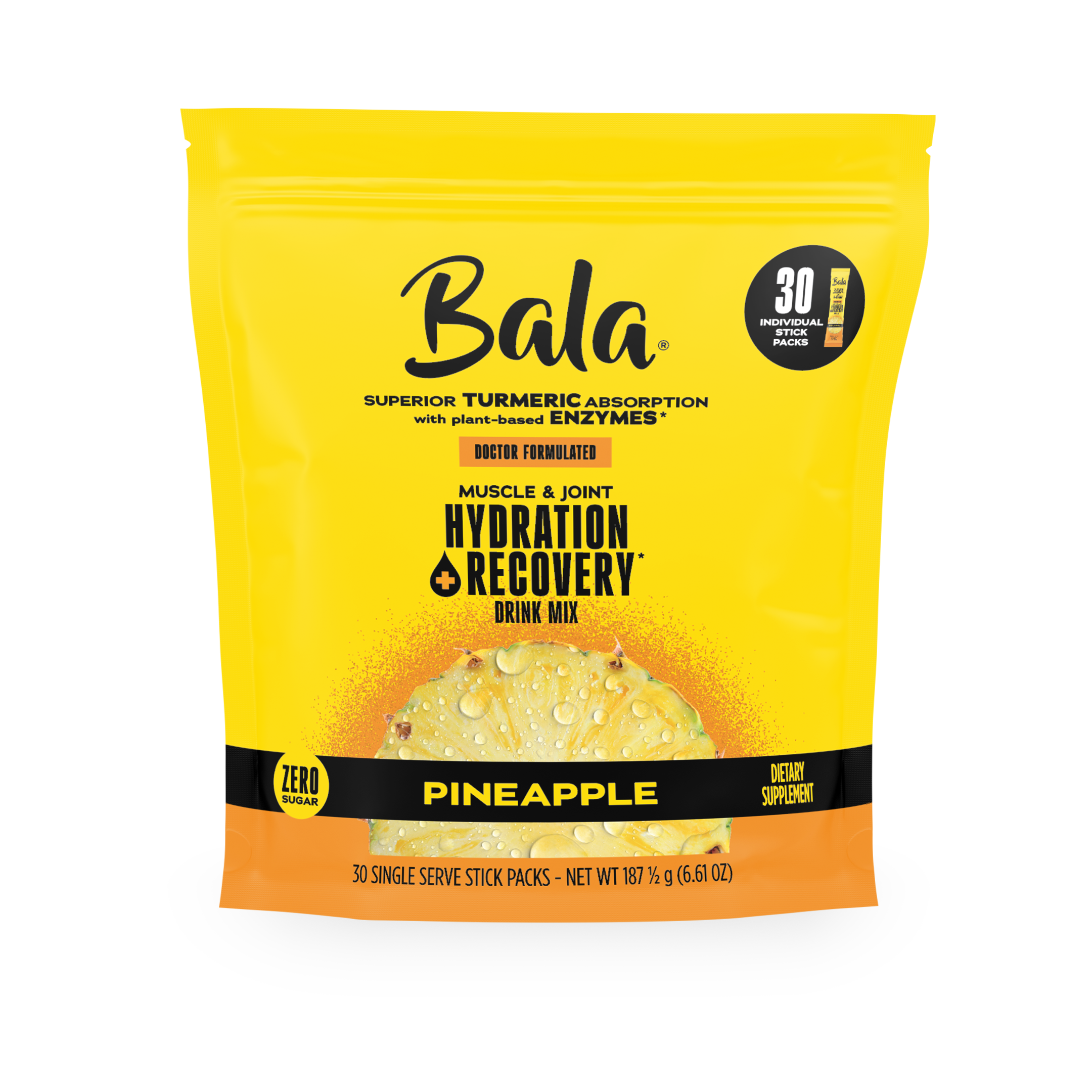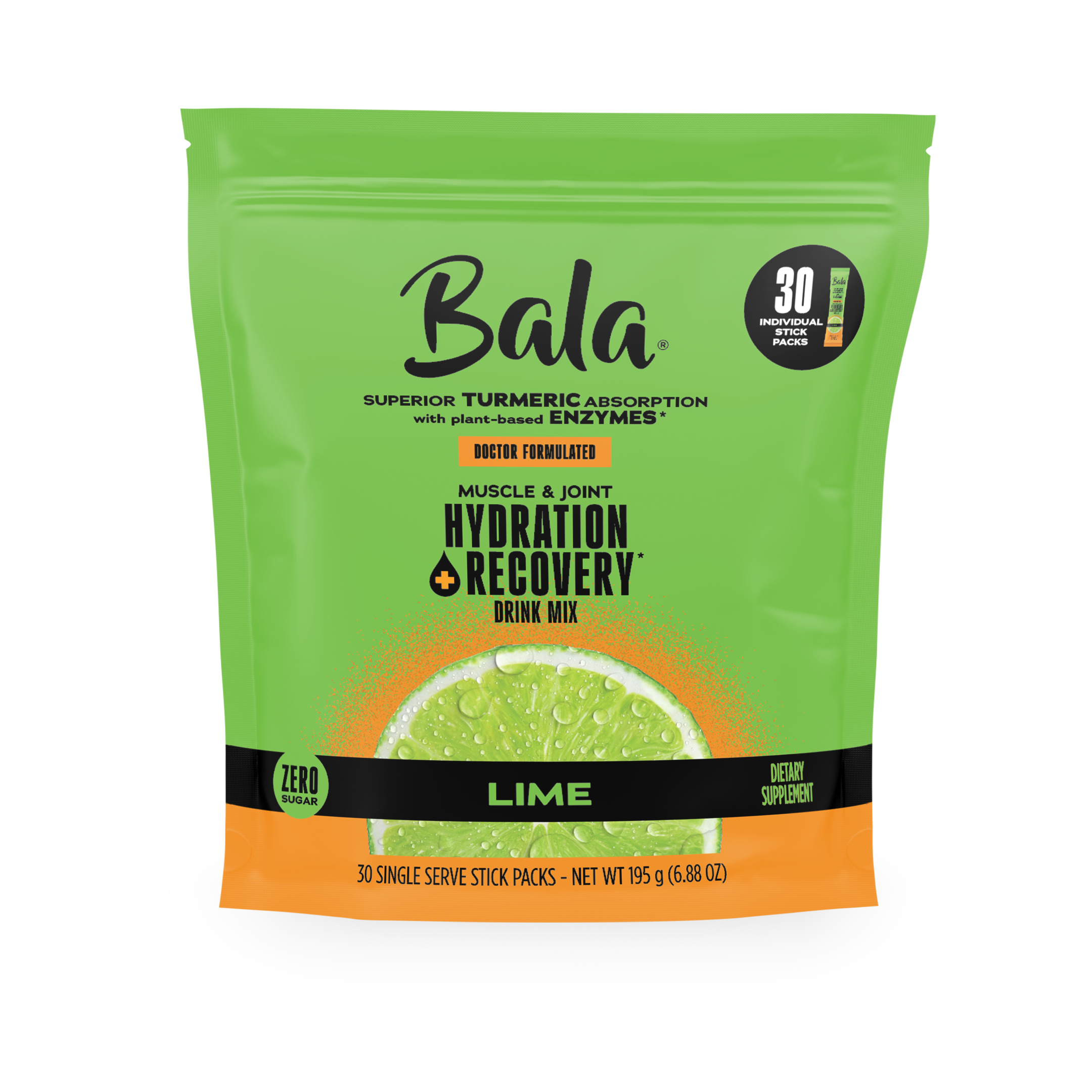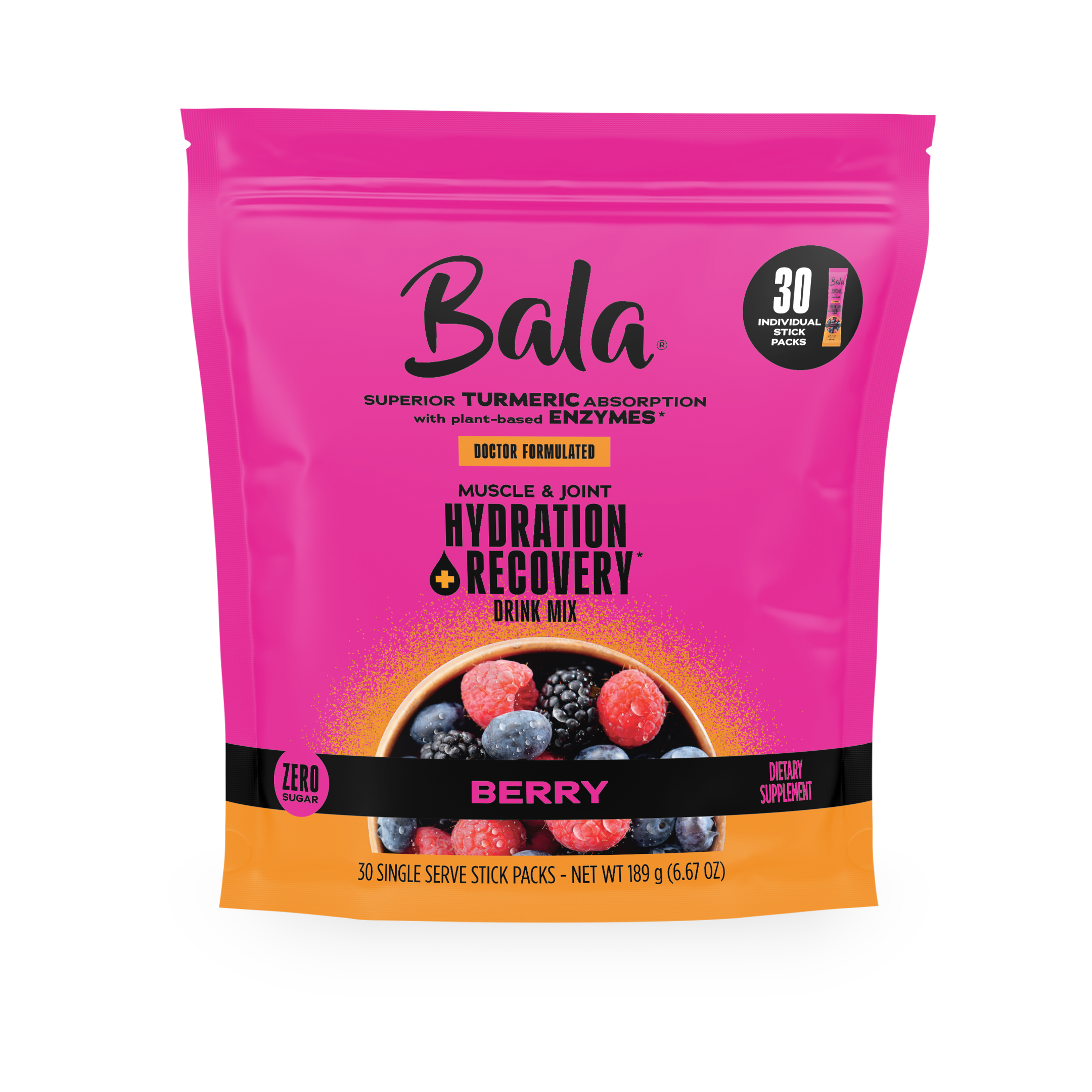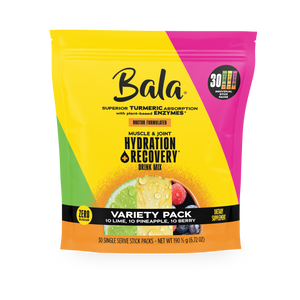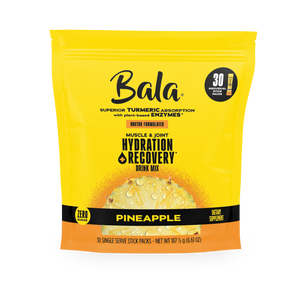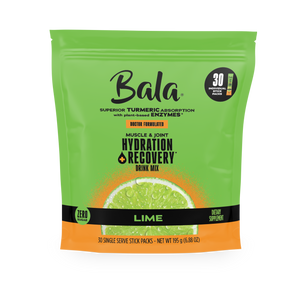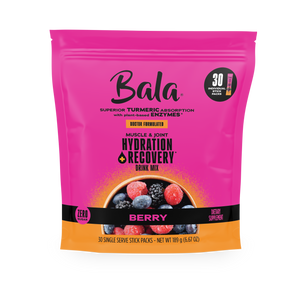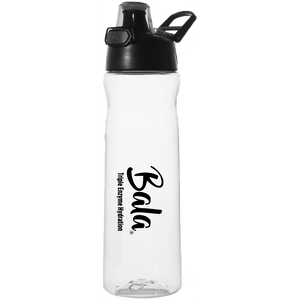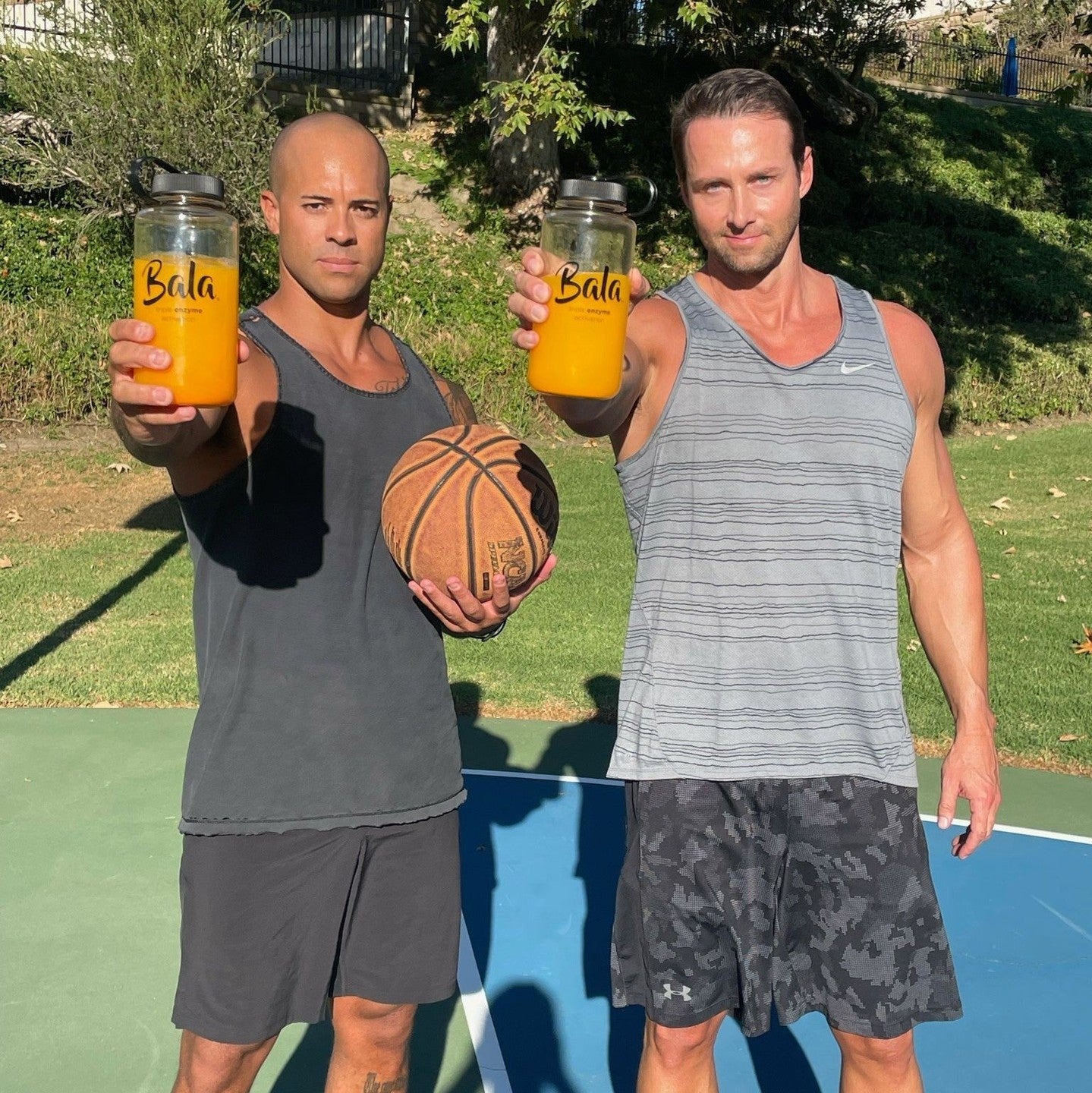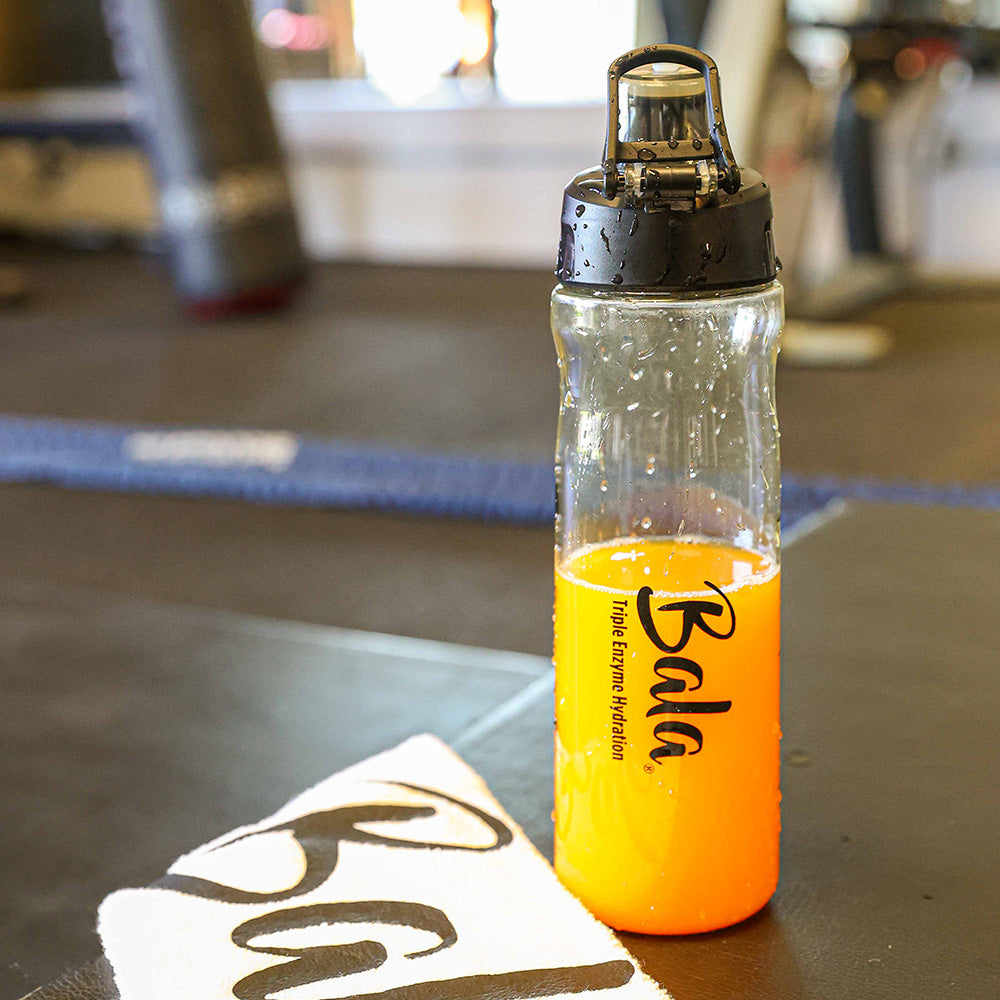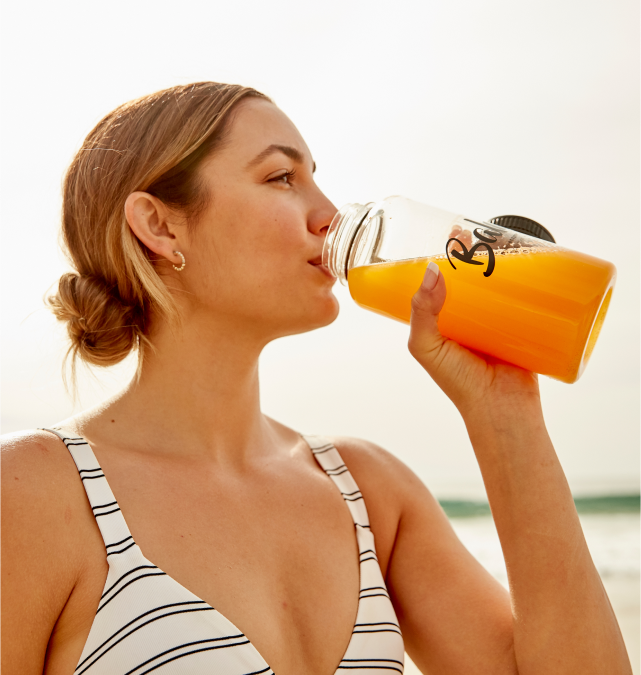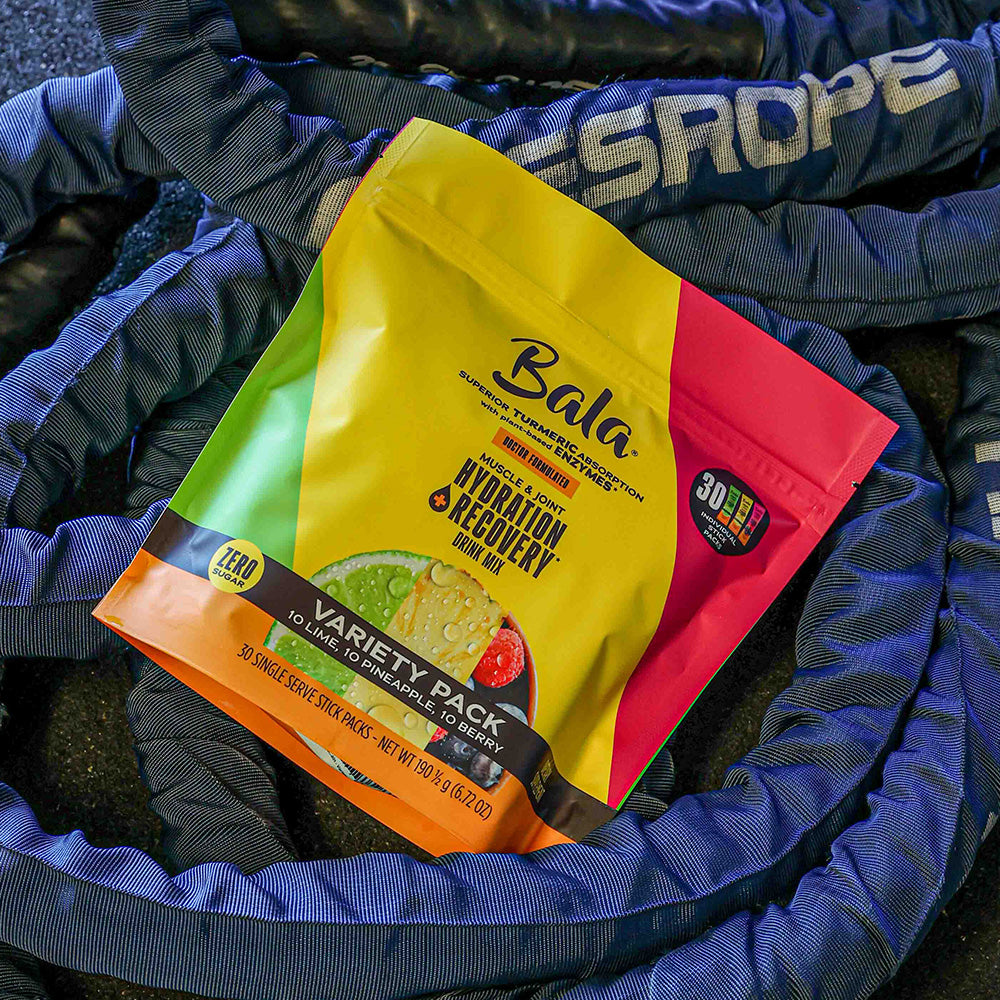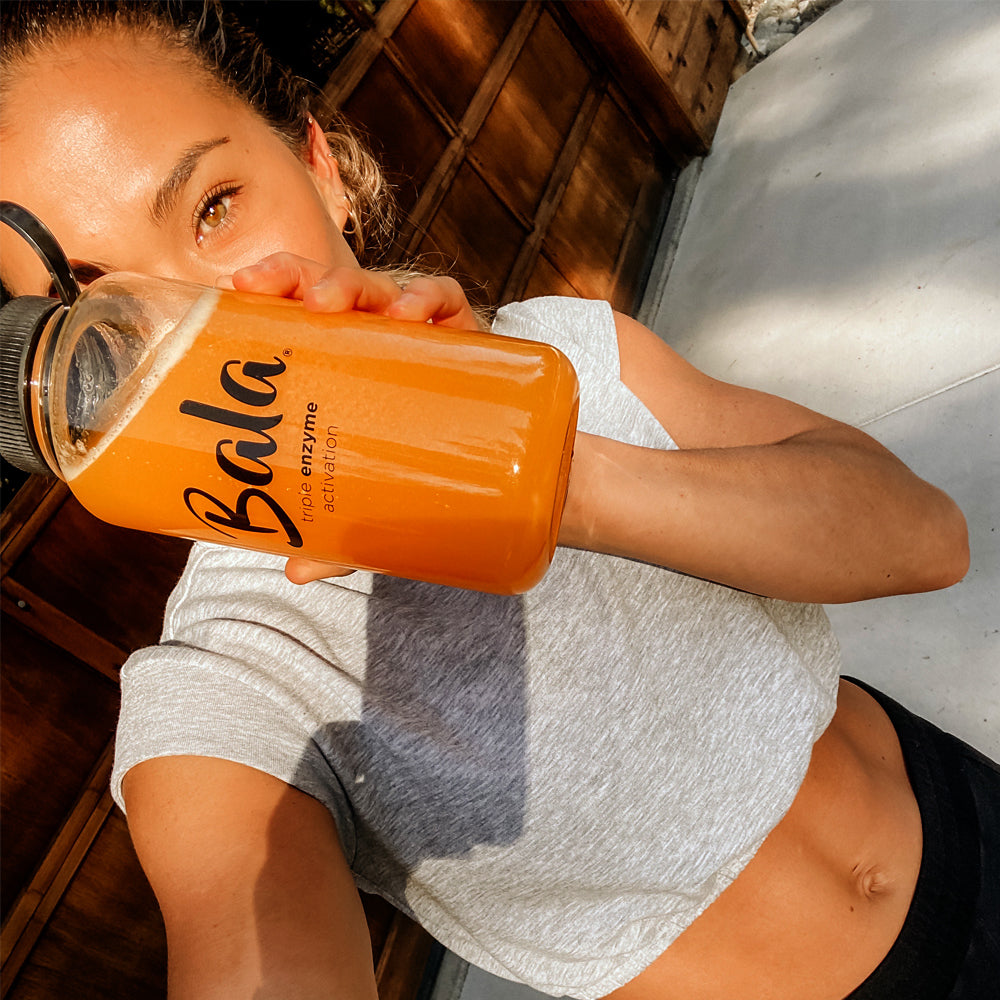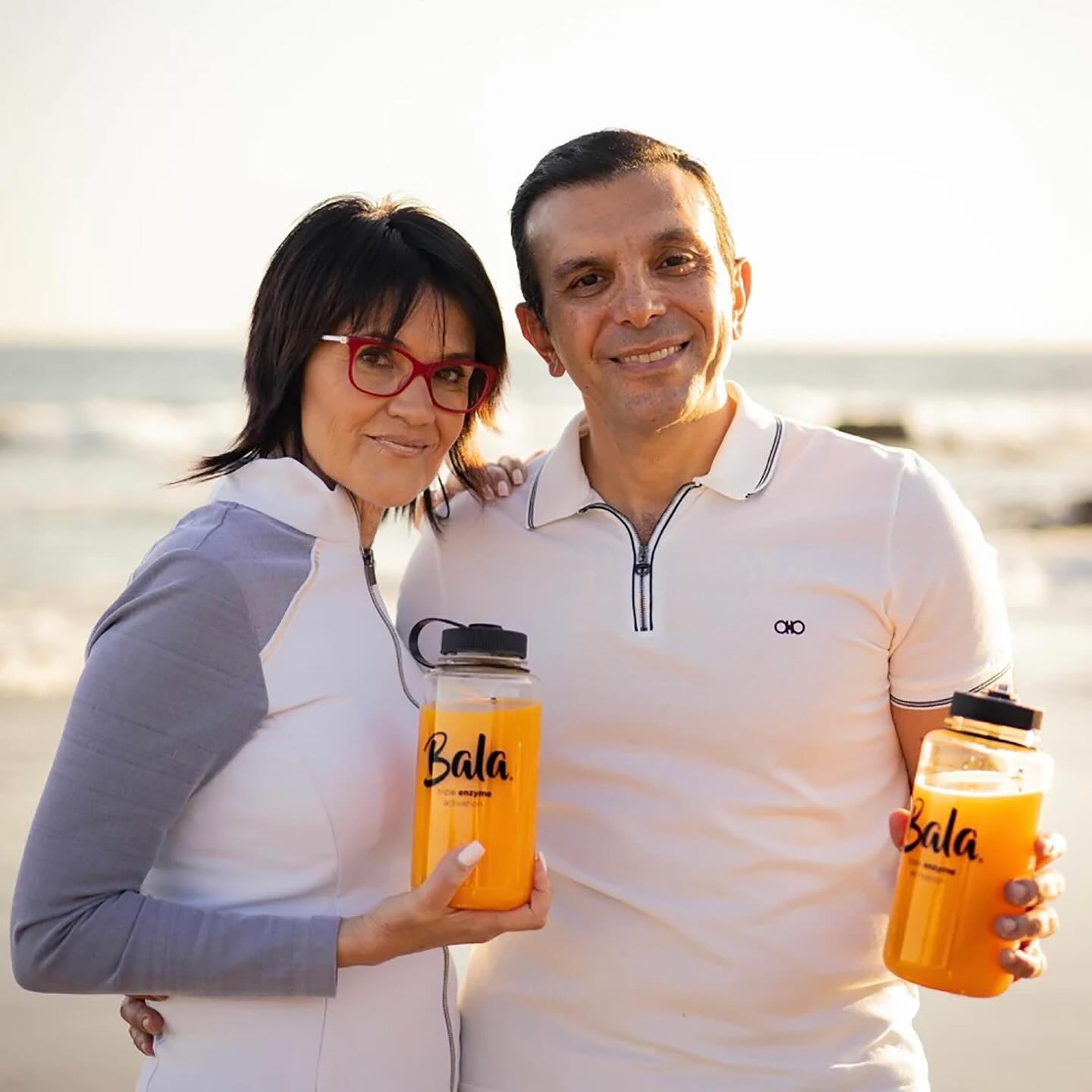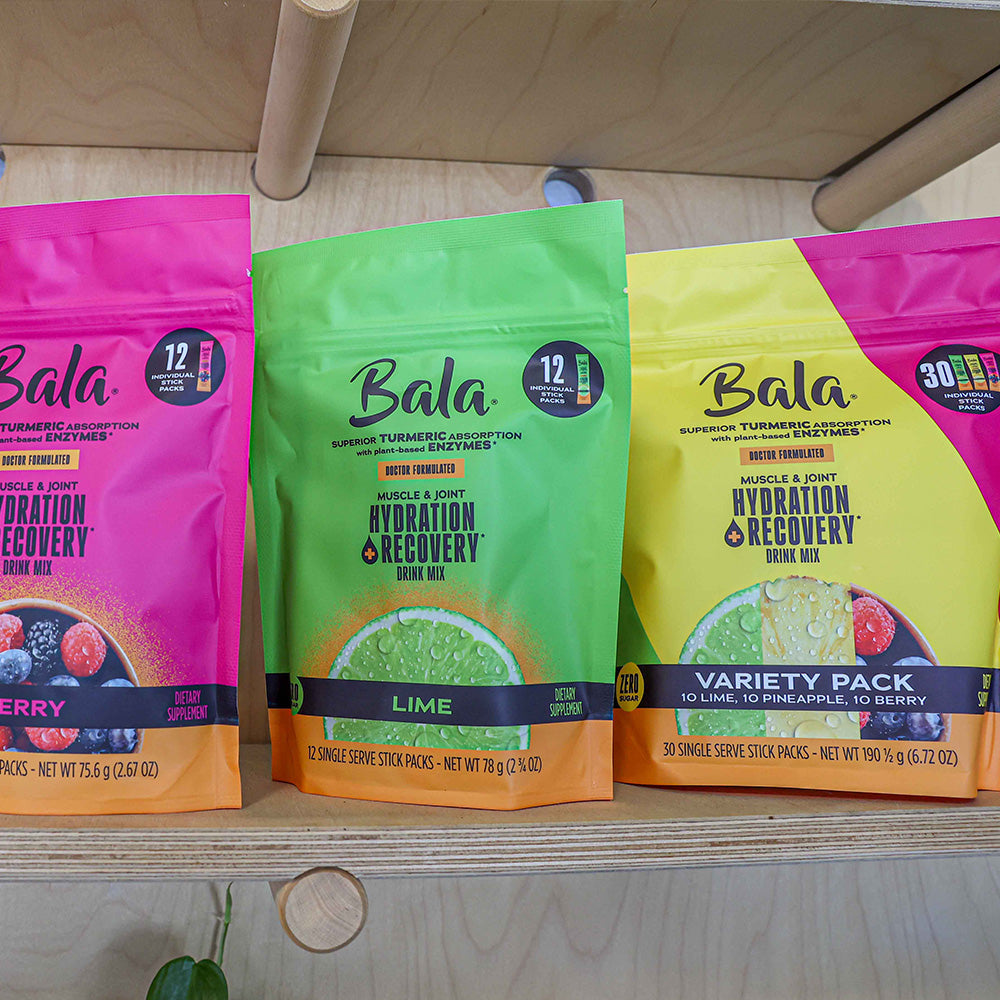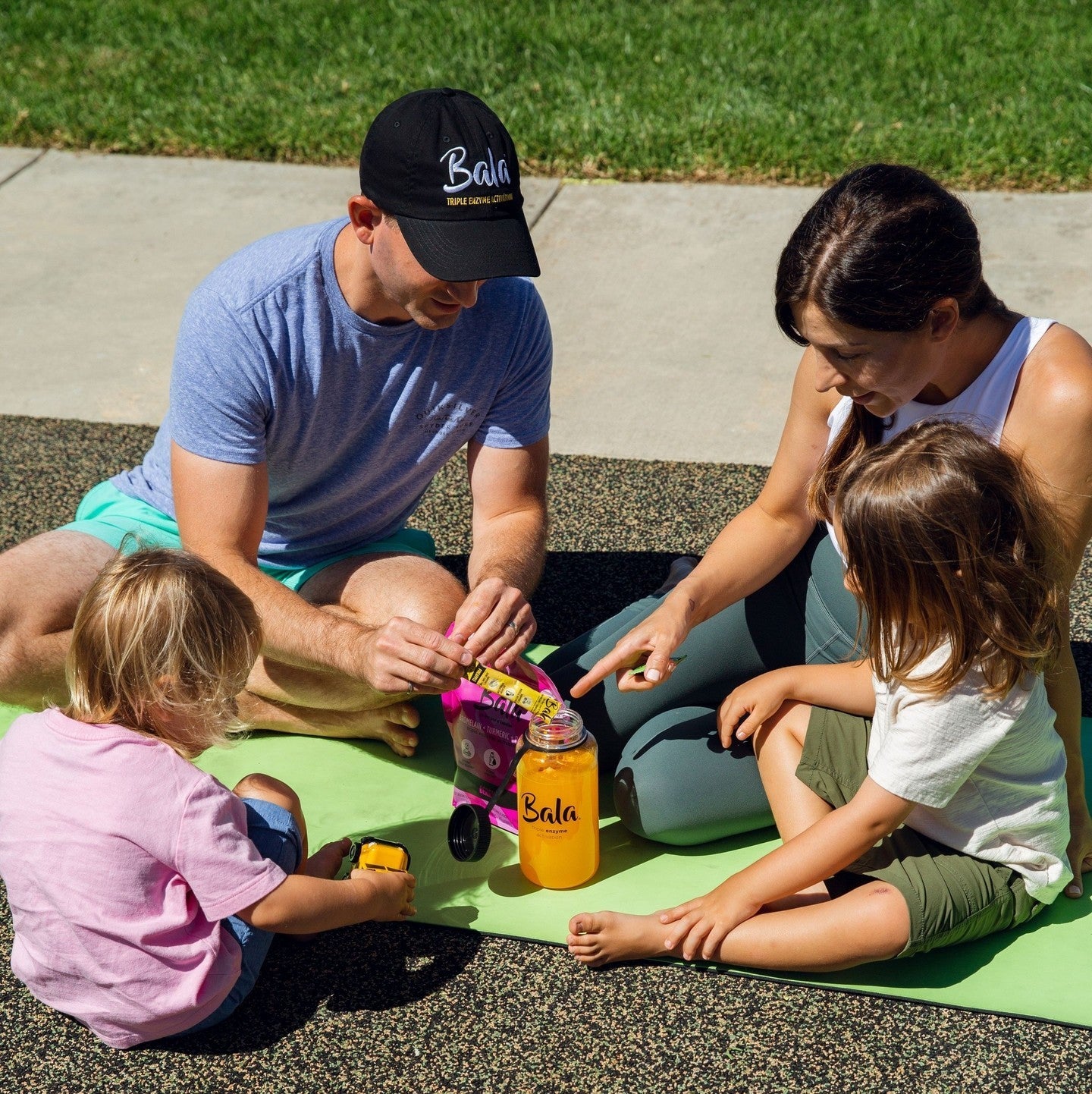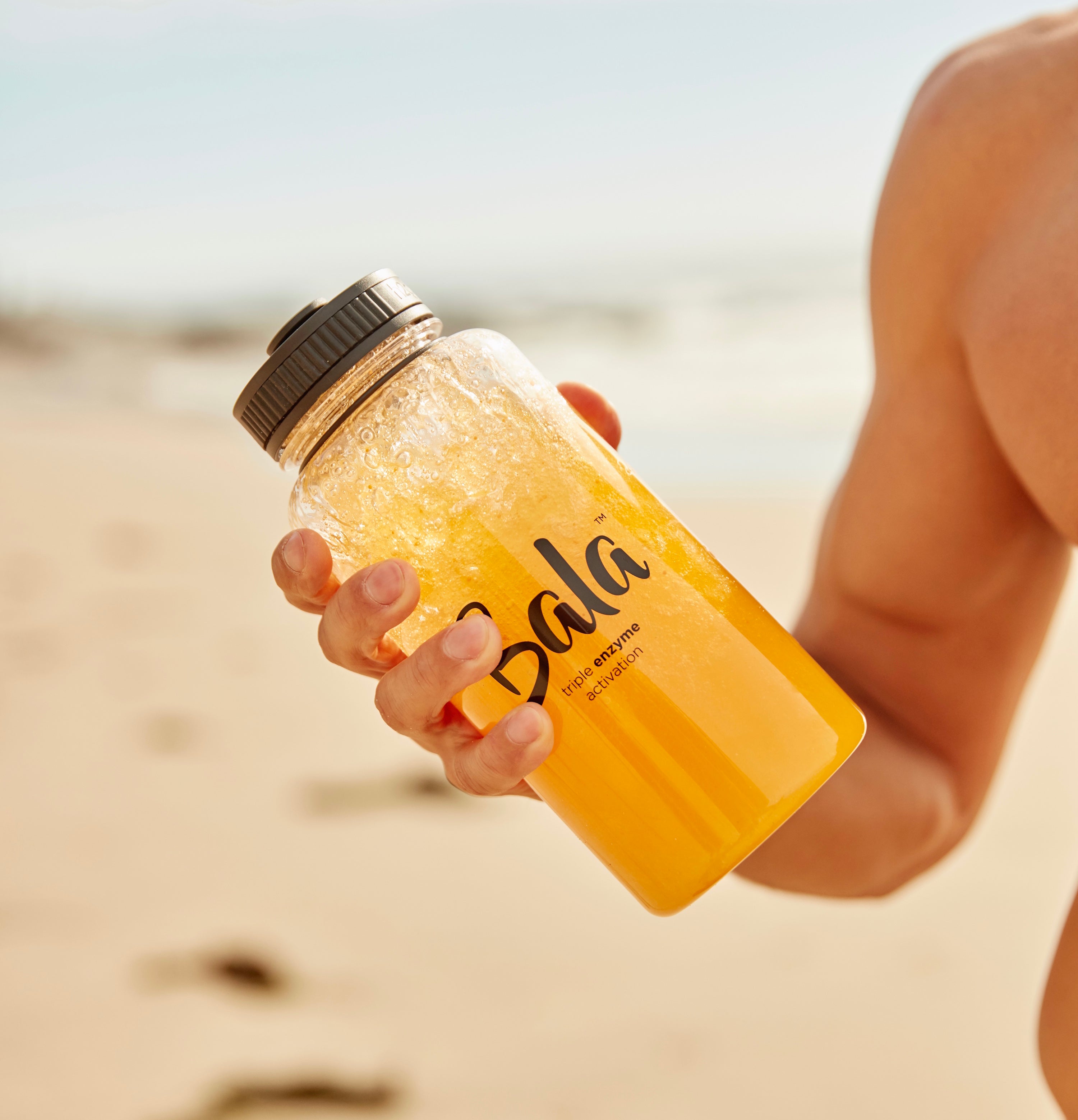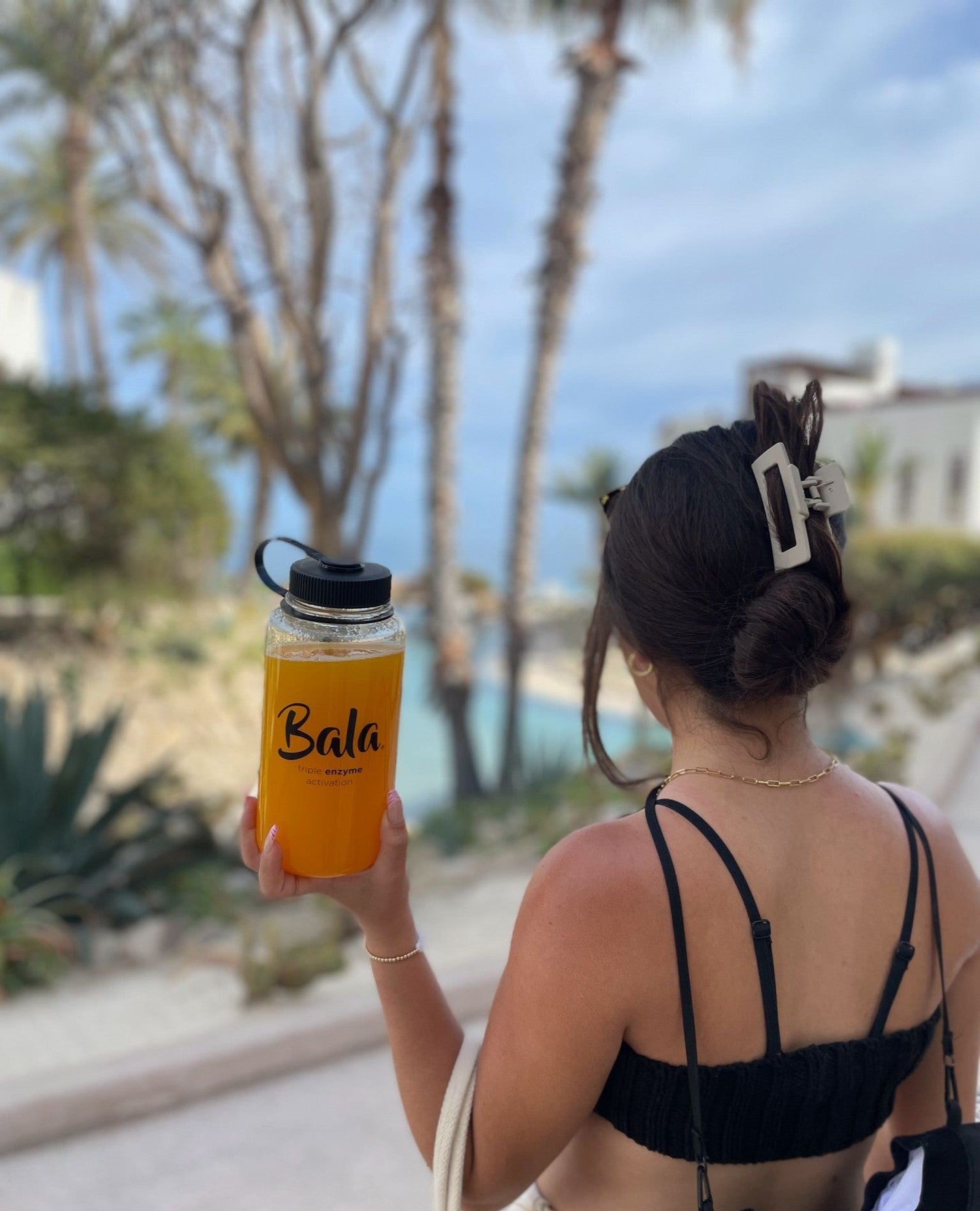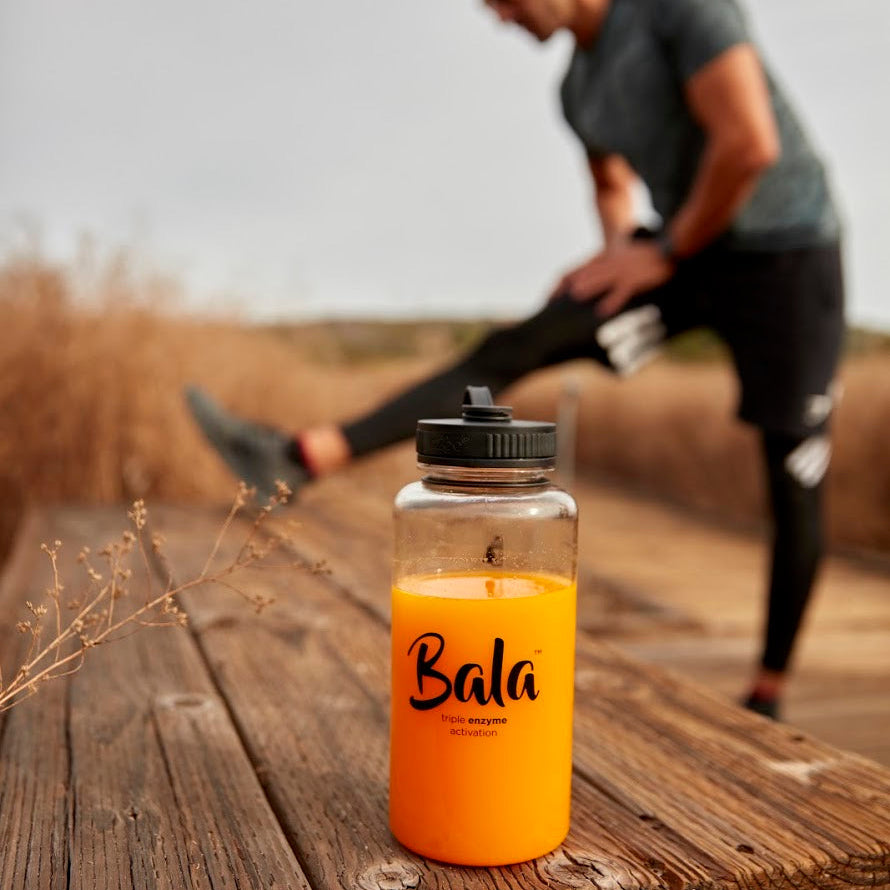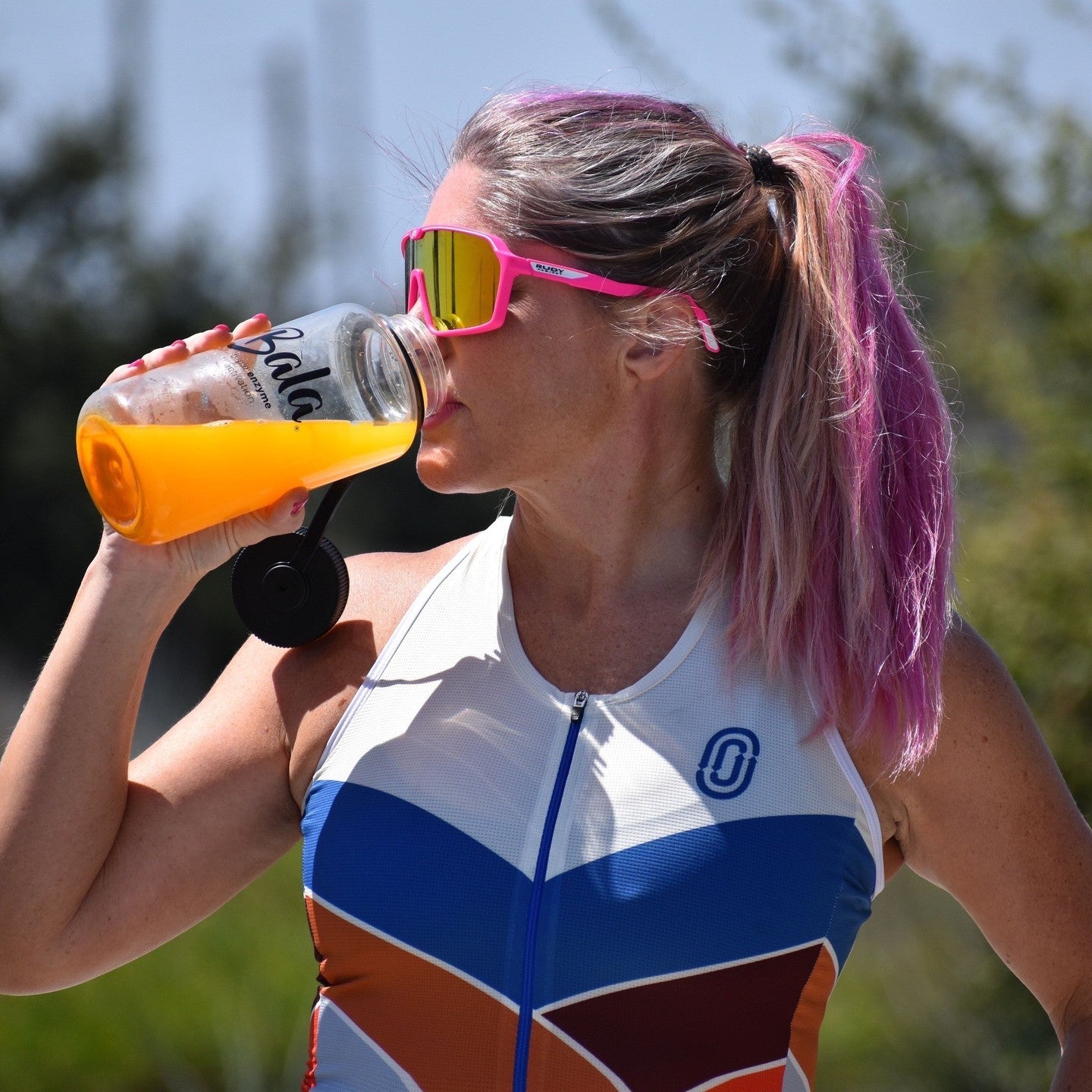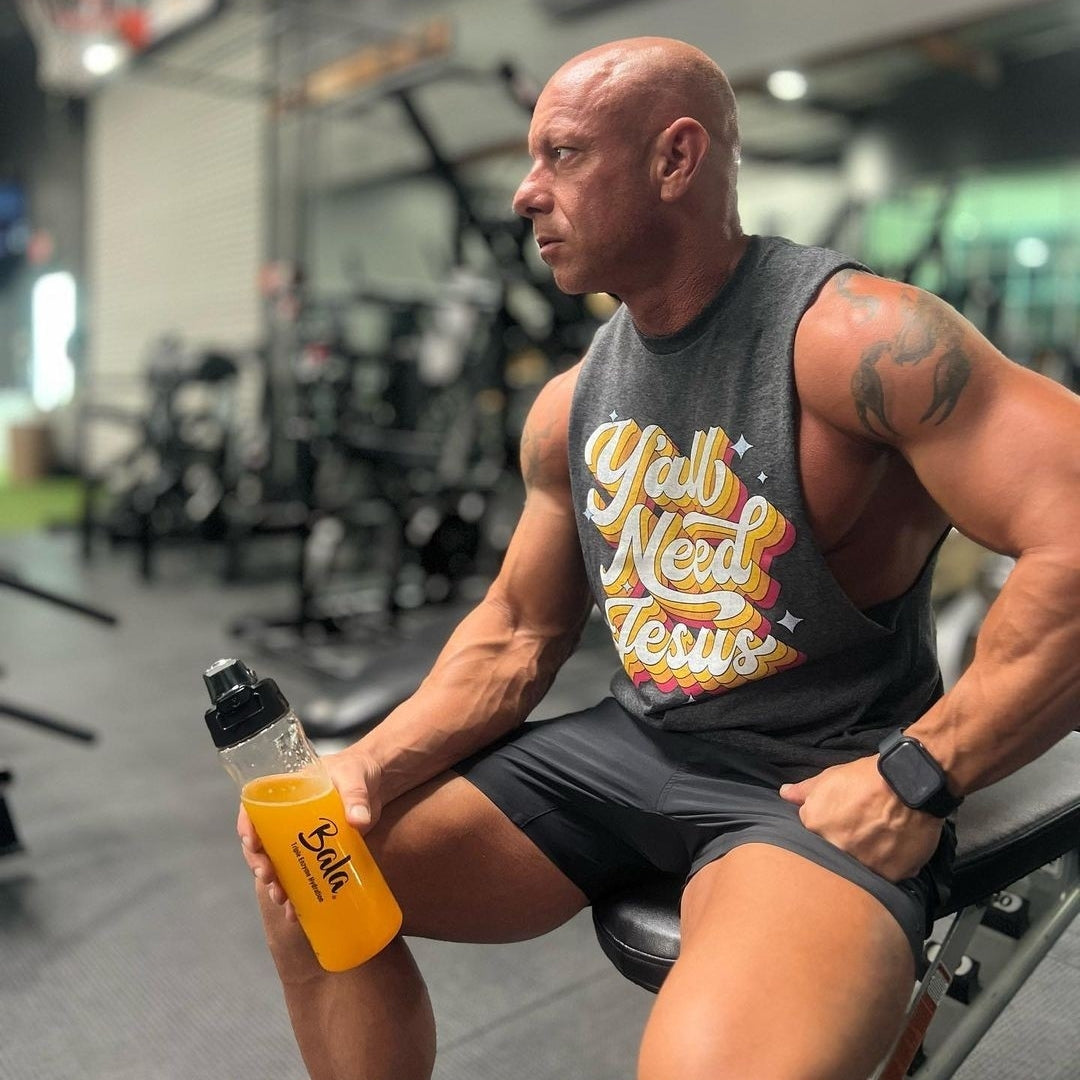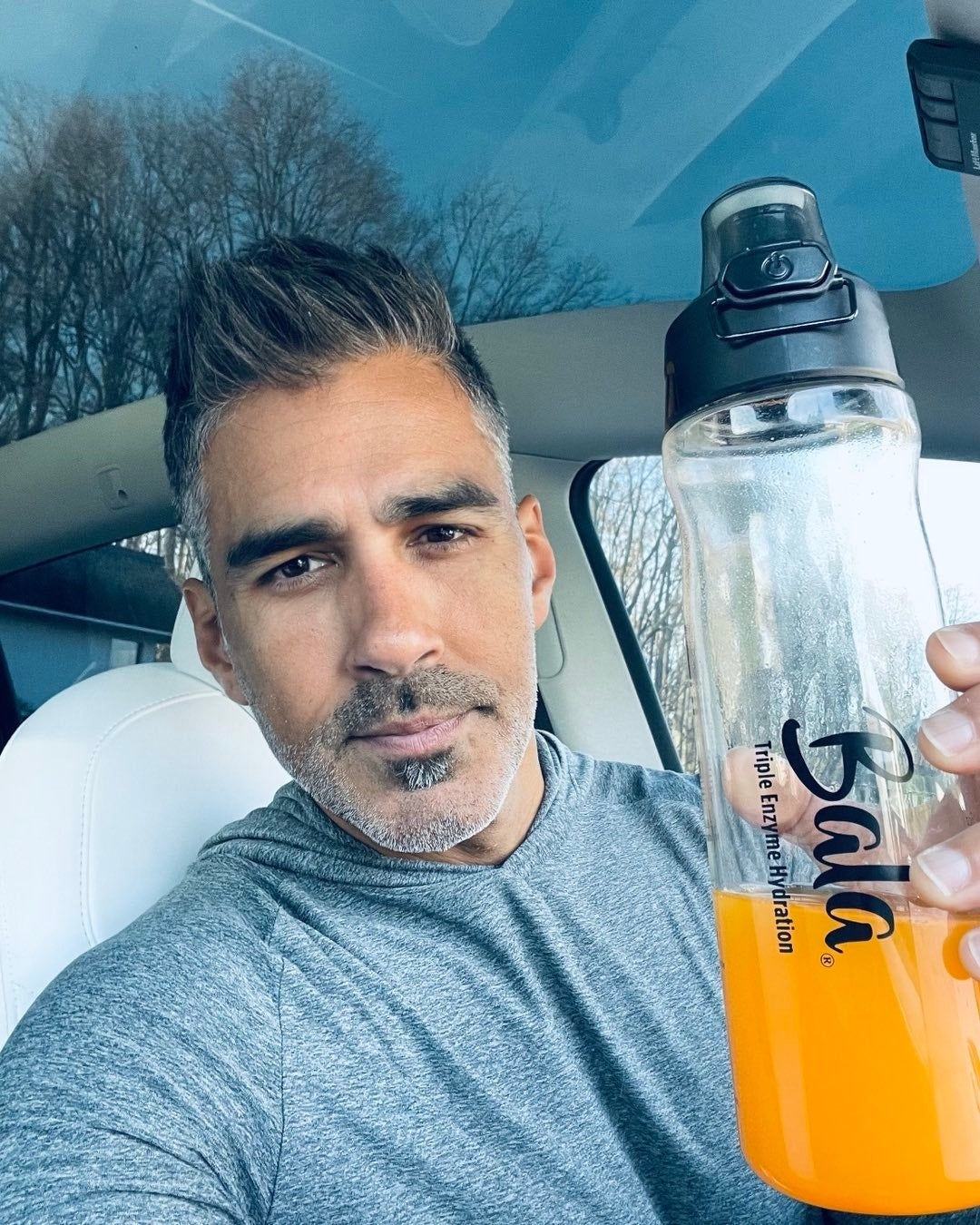Keto is a high-fat, low-carb diet that burns fat instead of glucose for fuel. Keto diet is safe and healthy with minimum side effects. While on Keto, your body goes through changes, and you should be aware of these changes, such as imbalances with electrolytes. While electrolytes imbalances can be a common occurrence on Keto, it is imperative to understand why they happen and how to replenish your electrolytes levels through supplements.
What Are Electrolytes?
Electrolytes are chemicals that conduct electricity when dissolved in water. They are essential for our cells, organs, and body to work properly. We get them from what we eat and drink. Electrolyte levels are measured via blood tests, and their levels must remain in a small range; otherwise, serious problems may arise.
They are responsible for:
- Regulate the fluid levels in your blood plasma and your body
- Keep the pH (acid/alkaline) of your blood in the normal range (7.35-7.45, slightly alkaline).
- Enable muscles contractions, including the beating of your heart
- Transmit nerve signals from heart, muscle, and nerve cells to other cells
- Help blood to clot
- Help build new tissue
Common electrolytes found in your body are:
- Sodium
- Chloride
- Potassium
- Calcium
- Phosphate
- Bicarbonate
- Magnesium
When you don’t have enough electrolytes in your system, you can catch a ‘Keto Flu.’
Symptoms of the Keto Flu
- Headache
- Irritability
- Brain fog
- Sugar cravings
- Difficulty sleeping
- Fatigue
What Causes Electrolyte Imbalance?
When you are on a ketogenic diet, you eliminate carbs almost entirely from your diet, which means your body is producing less insulin and glycogen stores are emptied. This makes your body excrete more water through urine, sweat, and breath instead of retaining it. That is why many Keto beginners have to use the bathroom quite often. You also lose a lot of water weight and feel less bloated. While this is a good thing, your body is also expelling essential vitamins and minerals along with the water. This causes an electrolyte imbalance in your body. However, these symptoms are temporary and usually resolve after your body adapts to the low carb diet.
In some cases, Keto flu can take longer to subside and fix some of the side effects you can replenish your electrolytes through food and supplements.
What Can You Do About It?
There are certain vitamins and minerals you should add to your diet to reduce the symptoms of Keto Flu.
Sodium
Sodium is an important electrolyte and mineral that helps retain water in the body. It is vital for muscle and nerve function. Lack of sodium in the body leads to the following symptoms
- Fatigue
- Headaches
- Lack of concentration
- Weakness
Course of Action
Many Keto dieters can replenish sodium by adding Himalayan sea salt to their diet or drinking bone broth, especially in the first week. You can also make your own drink with sugar-free coconut water mixed with sea salt.
Potassium
Potassium is important for regulating heart rate, maintaining healthy blood pressure levels, and proper fluid balance in the body. Low potassium levels result in:
- Muscle cramps
- Muscle twitching
- Heart palpitations
Course of Action
To replenish potassium levels, including the following foods in your diet
- Avocados
- Nuts
- Dark chocolate
- Mushrooms
- Green leafy vegetables
- Meat
Calcium
Calcium is another essential electrolyte that plays a crucial role in your body. It includes building strong bones, blood clotting, regulating nerve function, and ensuring proper muscle contraction.
Course of Action
Keto-friendly food sources with calcium include
- Dark leafy greens
- Broccoli
- Hard cheese
- Salmon
- Sardines
Magnesium
Magnesium is important for helping your body maintain a healthy immune system, nerve and muscle function, normal heart rhythm, and other biochemical reactions. Like calcium, you need it for building strong bones.
Course of Action
- Pumpkin seeds
- Swiss chard
- Nuts
- Dark chocolate
- Leafy greens
Supplements to Combat Electrolyte Imbalance
The decision to take mineral supplements should be based on how you feel. Sometimes, incorporating electrolyte-rich foods in your diet is not enough to curb the imbalance. You may choose to take supplements if you are unable to meet your needs through diet alone. Below is a list of supplements you can take to help restore your electrolytes
Potassium
Daily requirement: 3000-4700 mg (3-4.7g)
Magnesium
Daily requirement: 400 mg
Omega-3 Fatty Acids
Daily requirement: 500 mg
Vitamin D
Daily requirement: 1000 IU

The Importance of Increased Water Intake
While electrolyte replenishment is important during a Keto diet, so is drinking plenty of water. Water makes up more than 50 percent of the body and is the most important necessity in life. A low-carb diet naturally leads to loss of water in the body. So, you need to replenish your body for it to perform at its best.
The amount of water you drink depends on your physical activity levels, the climate you live in, and the food you eat. A good way to determine whether your water intake is sufficient or not is by looking at the color of your urine. If it is light yellow or clear, then you are good. If it is dark yellow, then it is a sign of dehydration.
However, do not consume so much water that you end up flushing out your electrolytes, making it harmful. Instead, learn to listen to your body, eat foods with high contents, and drink water throughout the day.
Drinks to Help Replenish Electrolytes
Have you ever walked down the sports drink aisle at the drug store hoping to find a single drink with no sugar in it, only to be disappointed? Well, there is a scientific reason behind that. Many of these drinks contain sugar because it provides glucose for replenishing energy stores. People whose bodies are used to using carbs for energy find extra sugar intake during heavy exercise very helpful. However, Keto dieters need to avoid added sugar. If you are on a Keto diet, you can make your own sugar free electrolyte drink at home with natural ingredients.
Ingredients
- 2 tbsp lemon juice
- 1 tbsp Apple Cider Vinegar
- ¼ tsp Sea Salt
- 1 tsp sweetener of choice
- 2 cups of water
- Ice cubes
Instructions
- In a mason jar with a lid combine all ingredients
- Fill to the top with water
- Drink 1 or 2 g
BalaEnzyme Blend Powder
If making an electrolyte drink at home every day is not something you prefer, then you should try the BalaEnzyme blend powder for quick electrolyte replenishment. Its natural ingredients and enzymes work together to provide effective hydration without sugar. It comes with added benefits that help with muscle recovery and joint function. The formula was specially designed to facilitate hyper-rehydration through electrolytes that are carried across small intestinal microvilli via specific amino acids at specific doses and ratios that function similarly to sugar. We have a product that contains accelerated hydration properties that help with the microenvironment in the small intestine to speed up the movement of the key ingredients into the bloodstream.
Sources:
https://ketogenic.com/importance-electrolytes-ketogenic-diet/
https://www.medicalnewstoday.com/articles/153188#causes
https://www.healthline.com/nutrition/best-keto-supplements#section8
https://www.dietdoctor.com/low-carb/keto/supplements
https://www.verywellfit.com/how-to-make-a-sugar-free-sports-drink-2241684
